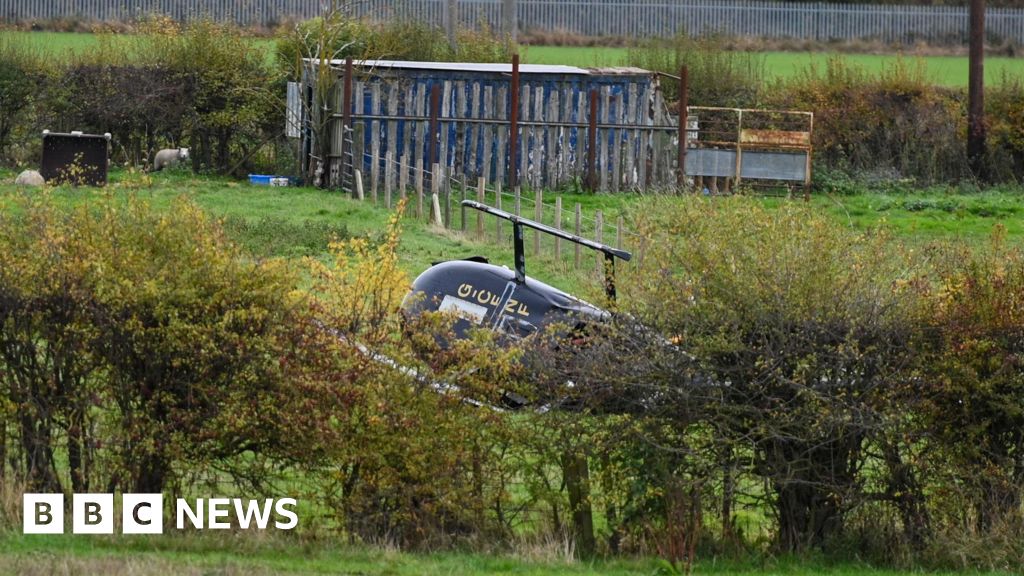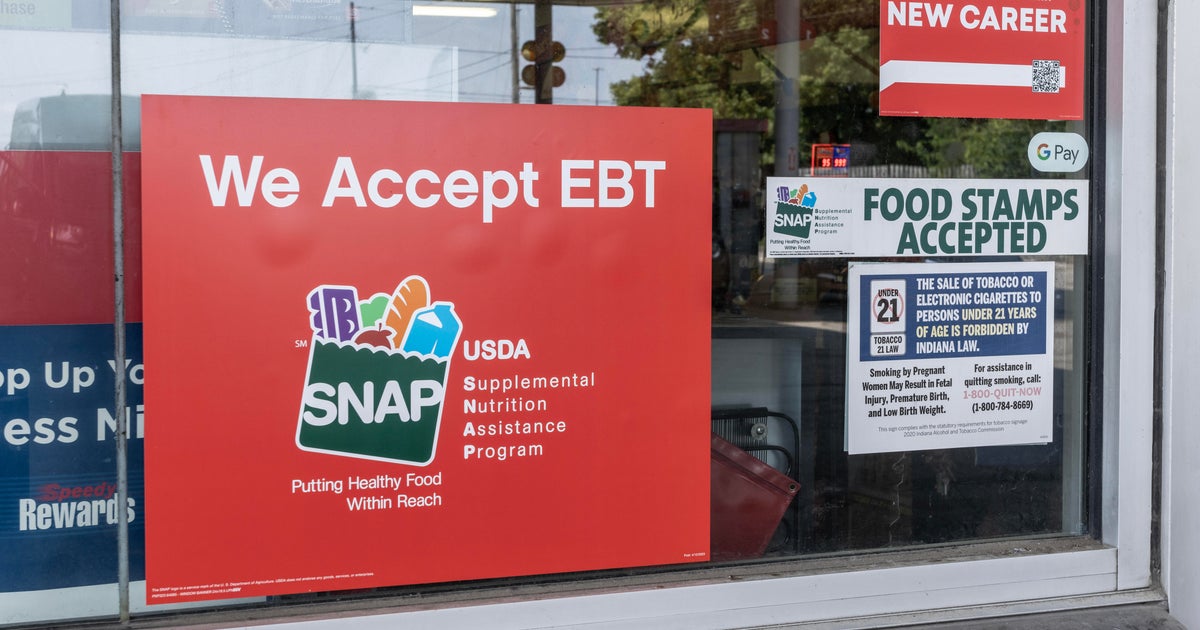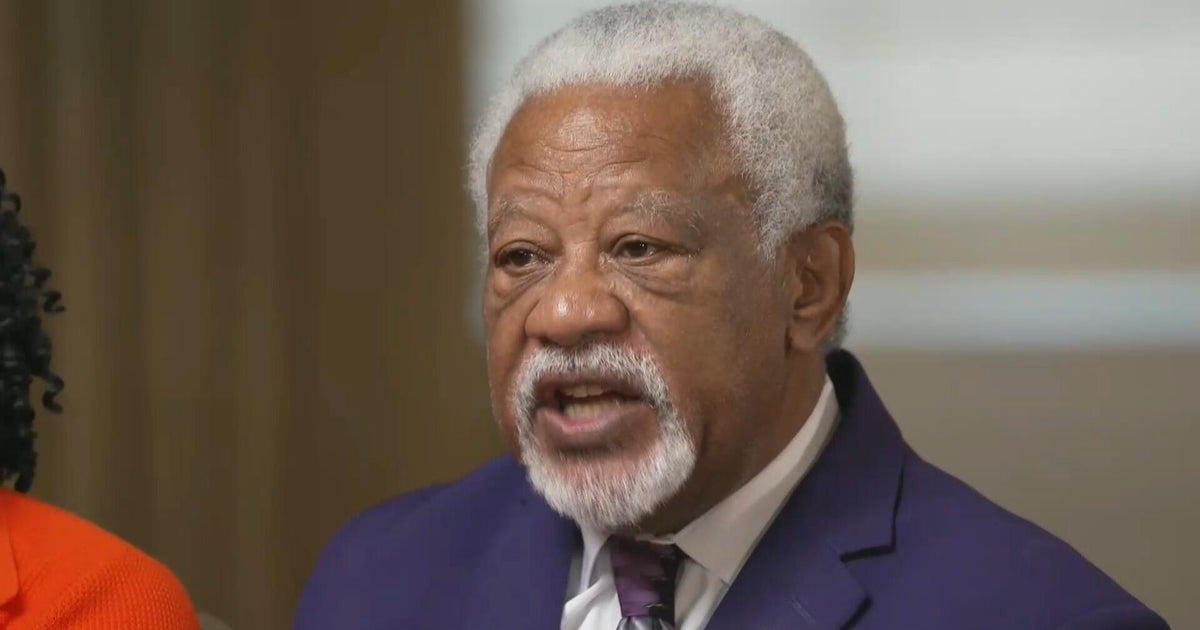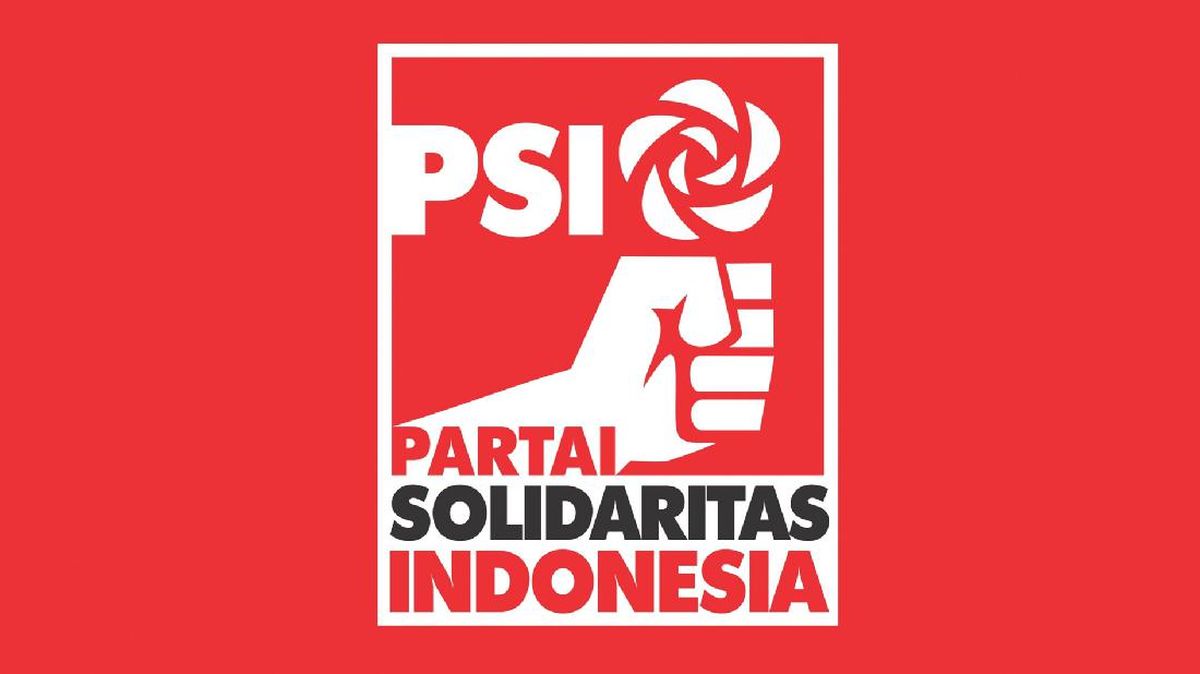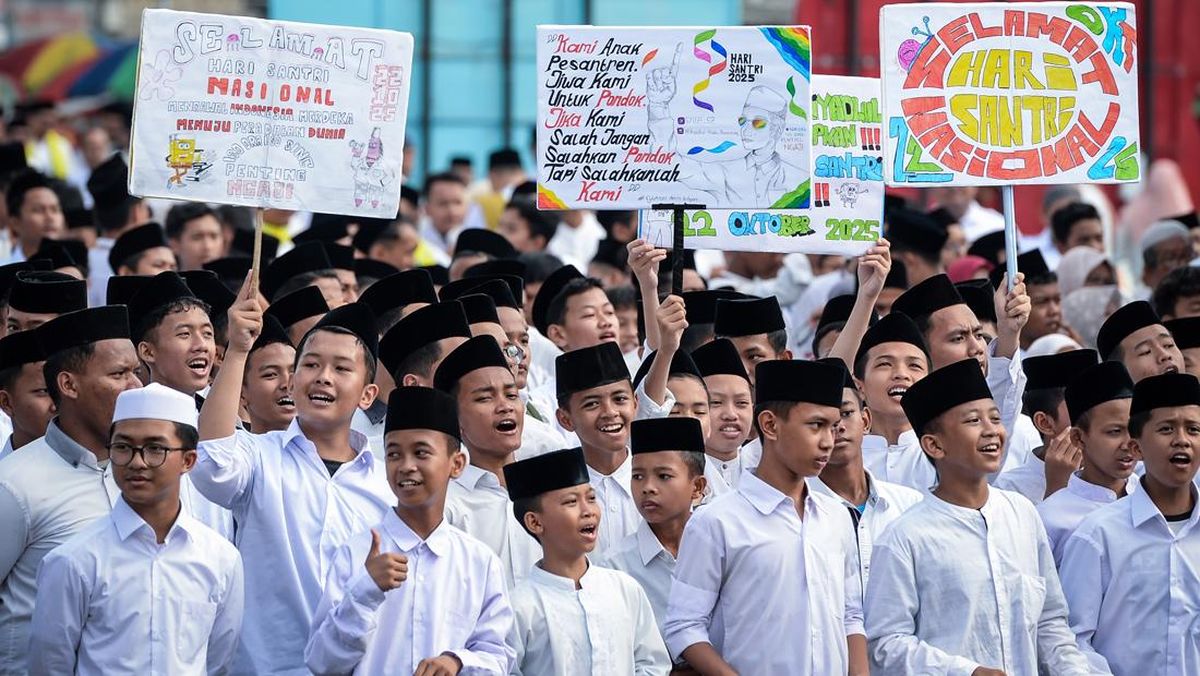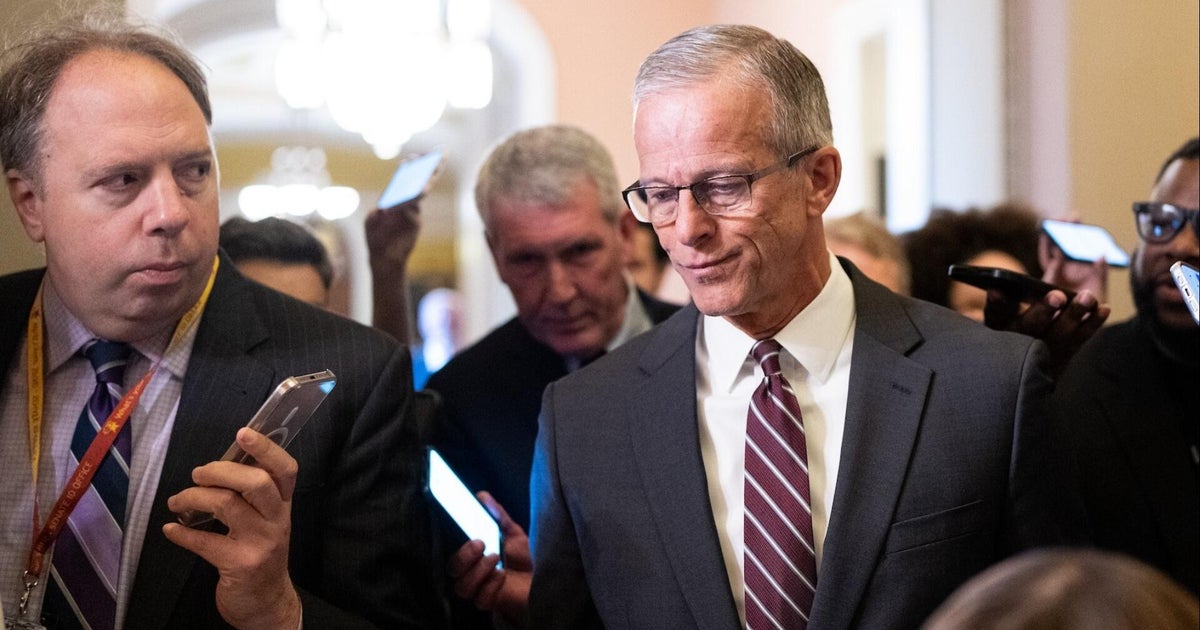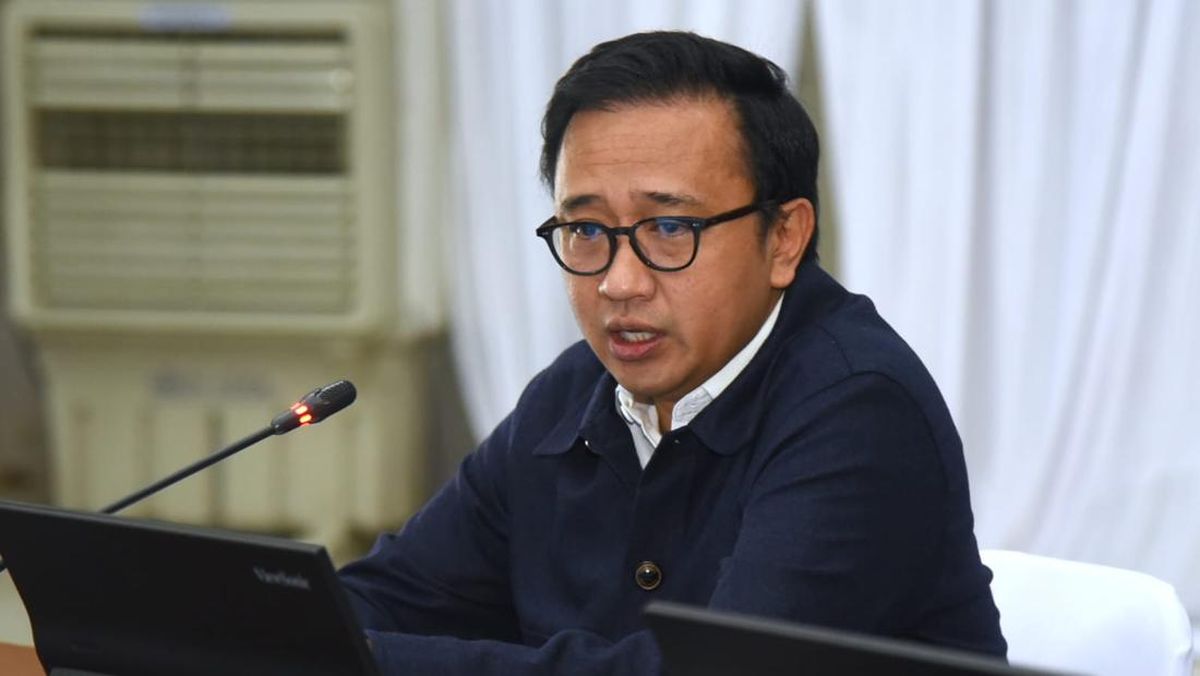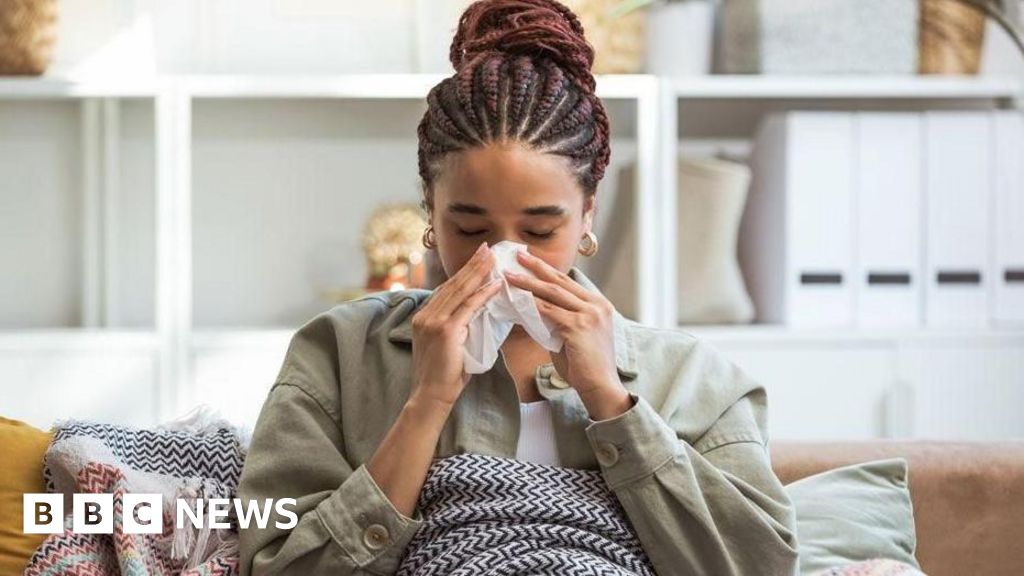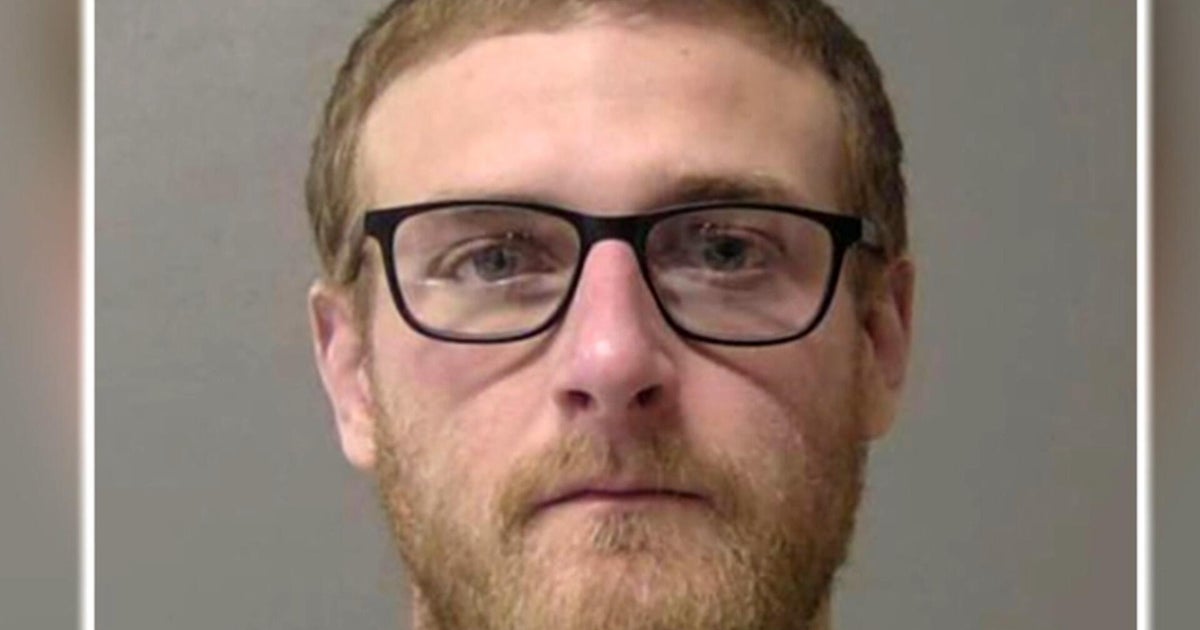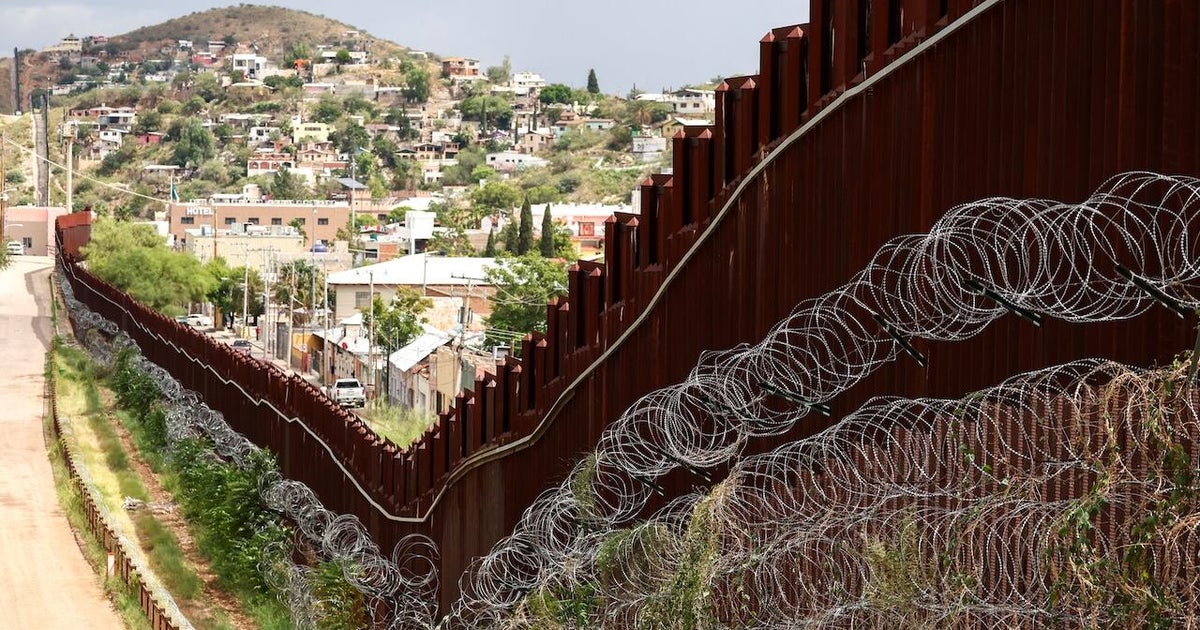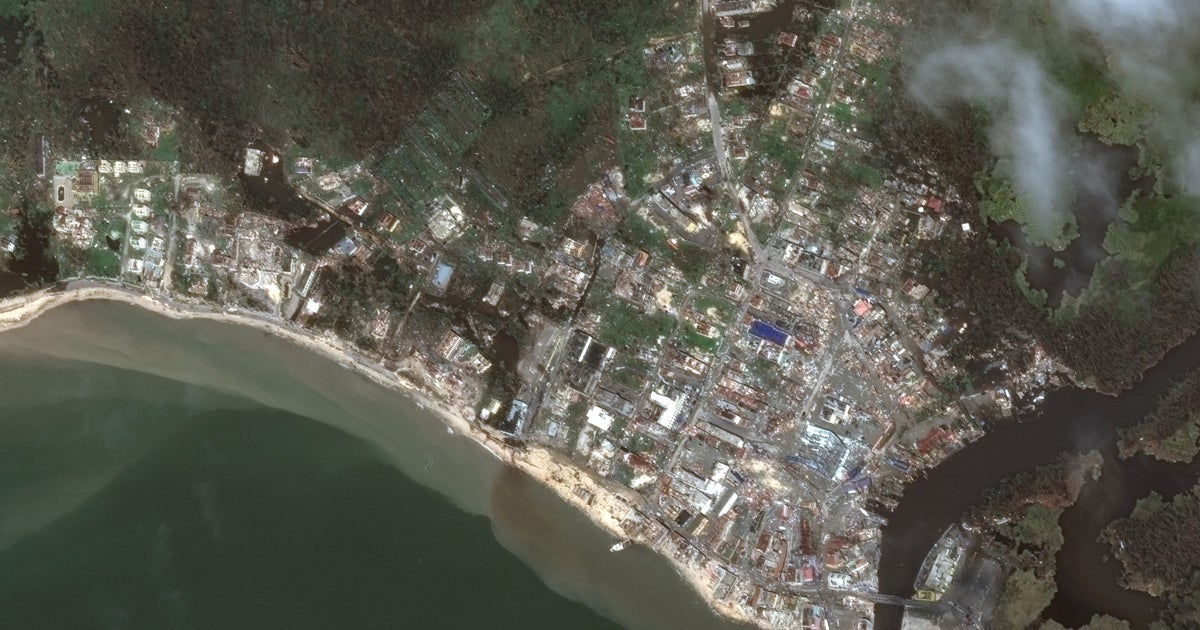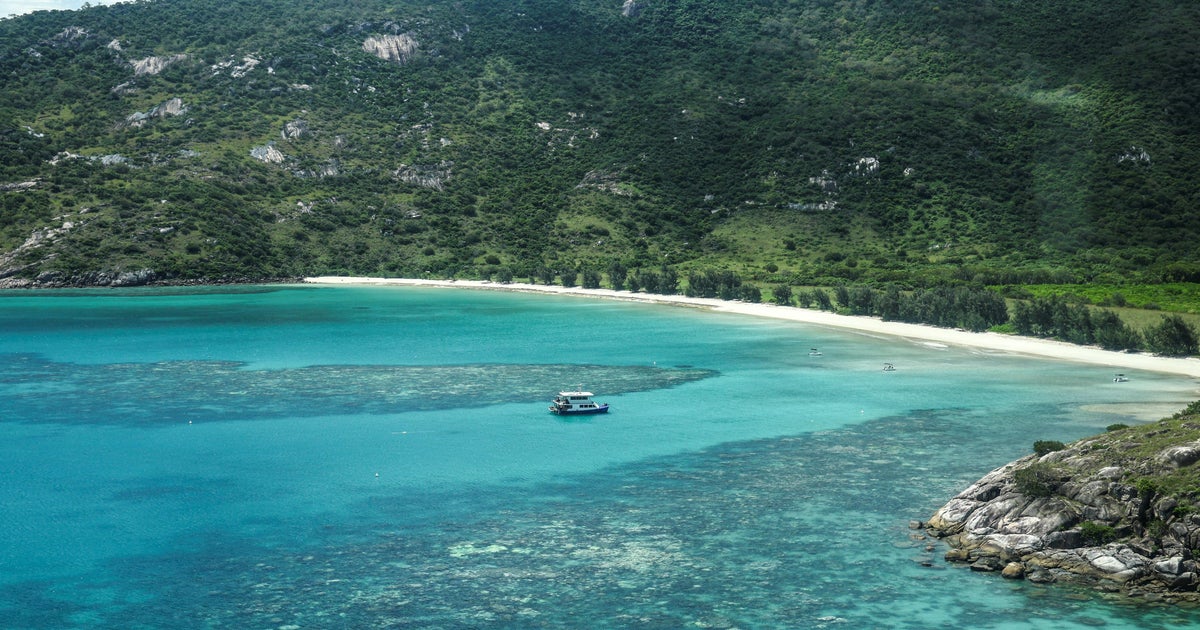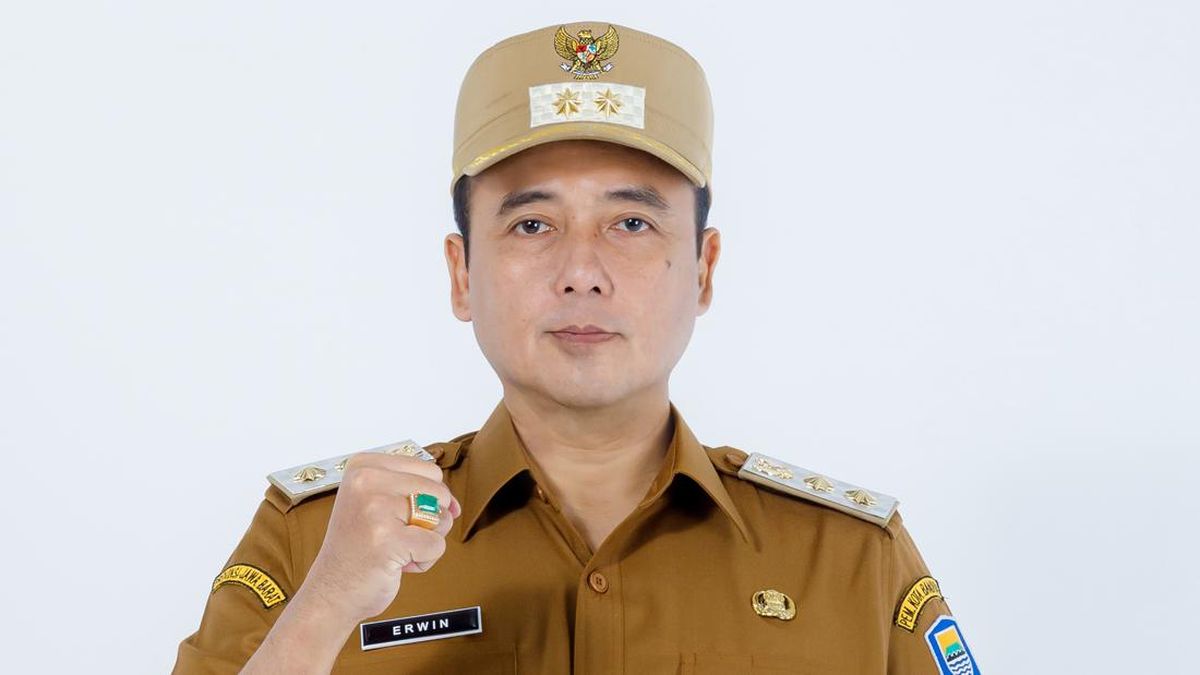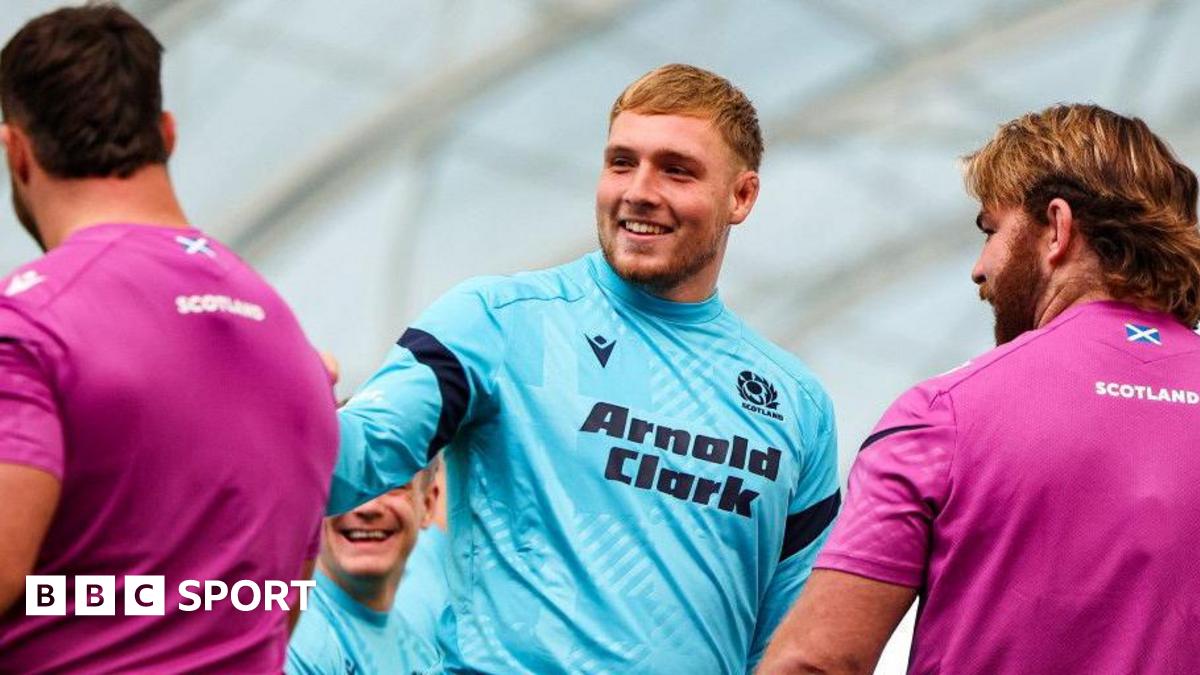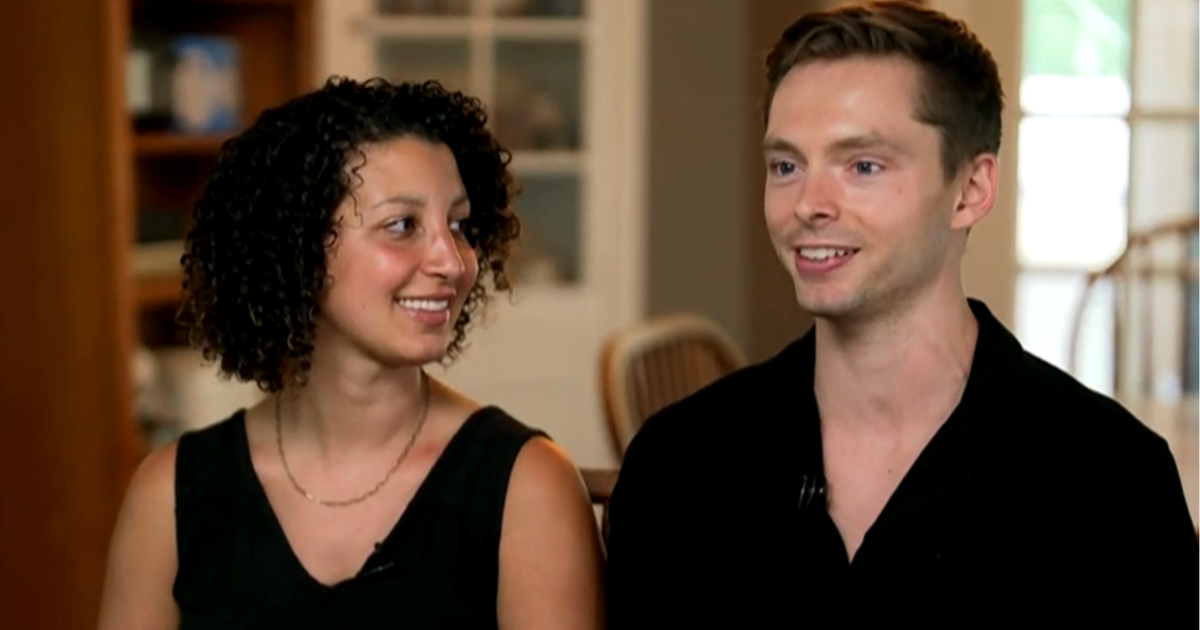
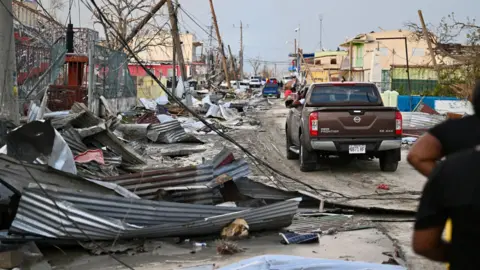 AFP via Getty Images
AFP via Getty Images
Hurricane Melissa has destroyed homes and infrastructure, flooded neighbourhoods and left dozens dead
The UK government has chartered flights to help British nationals leave Jamaica in the wake of Hurricane Melissa.
As many as 8,000 Britons are understood to be on the Caribbean Island. The Foreign Office has urged them to register their presence to receive updates on the disaster response.
It did not specify how many planes had been chartered, but said Brits and their immediate family would be able to take them as long as they held valid travel documents.
The rare category five storm - the strongest type - made landfall on Jamaica on Tuesday, leaving a trail of destruction, flooding and dozens of people dead, before continuing to move through the Caribbean.
At least five people are known to have died in Jamaica, with at least another 20 fatalities confirmed dead in Haiti.
Foreign Secretary Yvette Cooper said the chartered flights were to "bolster commerical capacity and ensure people who wish to return to the UK can do so as soon as possible".
She added: "The strong links between the UK and Jamaica mean many British nationals were there during the devastation of the hurricane, and we need to ensure they can get safely home, as we know how worrying and difficult the last few days will have been."
The Foreign Office is urging those in Jamaica to contact their airlines first to see if commercial flights are available.
It added that Windrush generations with indefinite leave to remain in the UK were also eligible for the government flights.
Jamaica's Transport Minister Daryl Vaz said on Wednesday that some airports - including Norman Manley in Kingston - would initially open only for humanitarian relief flights only.
Some commercial flights from the capital, Kingston, are scheduled to begin operating again on Thursday.
Sangster International Airport, which serves the badly hit Montego Bay, will reopen on Thursday for relief flights only, with commercial flights to resume at a yet-to-be-determined time later, Vaz said.
Hurricane Melissa - what we know about the damage in Jamaica
The Foreign Office announcement comes a day after the UK government pledged £2.5m to help with the relief effort, with the funds going towards delivering emergency supplies such as shelter kits, water filters and blankets.
Technical experts have also been deployed to assist with the disaster response and recovery efforts.
Melissa first hit Jamaica's southern coast with maximum sustained winds of 295km/h (185mph) - the strongest hurricane so far this year.
Those speeds were above those of Hurricane Katrina in 2005, one of the worst storms in history. With communications largely crippled, the full extent of the disaster remains unclear.
Early images show homes and other structures razed to the ground, debris littering streets and fast-moving floodwater streaming through neighbourhoods.
Jamaica's Prime Minister Andrew Holness declared the island a "disaster area" on Tuesday, warning of "devastating impacts" and "significant damage" to hospitals, homes and businesses.
Three-quarters of the country had no electricity overnight and many parts of Jamaica's western side are under water.
While Melissa has now cleared Jamaica and is moving towards the Atlantic, there will still be some thunderstorms across the island.
The US National Hurricane Center warns that an additional 8-15cm (3-6 inches) of rain is possible in parts, with up to 76cm over mountainous areas, posing an ongoing risk of flash flooding and landslides.
The remnants of Melissa are forecast to move across the UK next week.
The weather system will move across the far north-west late on Sunday and into early Monday - likely as a largely "business as usual" storm, the Met Office said.

 3 hours ago
3
3 hours ago
3
